Writing and exercise saw human rights lawyer Anwar al-Bunni through five gruelling years of incarceration – and two murder attempts – as a prisoner of conscience in Syria. He tells IranWire's Maziar Bahari a survivor’s mentality is key to weathering long periods of confinement.
In May 2006 human rights attorney Anwar al-Bunni was arrested by Syrian authorities alongside a group of activists and intellectuals accused of “weakening national morale”, as part of a crackdown on dissent by the ruling Baath Party.
It came five days after the publication of a document co-signed by the distinguished lawyer, the Damascus-Beirut Declaration: a collective appeal for Syria to establish diplomatic relations with Lebanon.
Then aged 48, al-Bunni had spent most of his career defending prominent political dissidents in Syria. He also served as head of the European Union-funded Syrian Center for Legal Studies and Research, which was shut down after his arrest.
Now Al-Bunni himself was sentenced to five years in prison for “spreading false or exaggerated news”, “discrediting state institutions” and for objectionable political associations.
In an interview with IranWire, al-Bunni, who is now based in Germany, says the hellish half-decade behind bars only strengthened his convictions.
Those who face any form of imprisonment, he says, must perceive themselves as survivors and not victims, and remember that they are part of a collective cause.
“The feeling of being a victim is fatal,” he says. “It makes us feel helpless, while seeing ourselves as survivors gives us strength and the ability to find others who are struggling like us. We might be considered victims for a moment – but victims who sacrificed willingly.”
While in prison al-Bunni endured periods of solitary confinement and stretches on the main prison wards, shoulder-to-shoulder with dangerous criminals who regularly threatened him. He survived two murder attempts and also went on hunger strike.
“Nevertheless,” he says, “I tried to take advantage of the situation. Despite the difficulty, it was a period for me to think with clarity.
“I wrote about how we can rebuild Syria in the future, the legislative structures, the constitution... the issues on which we should focus, and the main points our laws should cover.”
Al-Bunni also quit smoking and made use of the four-hour daily exercise window to play sports: something he had not done before and which, he says, was “one of the positive parts of being in jail, despite all the disadvantages and the pain it caused my family, friends and all those around me.”
In the end, al-Bunni came to realise that he was stronger than the jailers – and that he was not alone, a guiding tenet for those currently in isolation due to the coronavirus.
“There are others with whom you are connected because you all believe in the same principles,” he says. “You’re struggling together, you’re paying the price for the same goals that are connected with the wellbeing of humanity. Making sacrifices for a cause is different from sacrificing for nothing at all.”
While still incarcerated in 2008, al-Bunni received the Ireland-based Front Line Defenders’ Award for Human Rights Defenders at Risk, and subsequently the German Association of Judges’ Human Rights Award. Even after his release in 2011, al-Bunni continued to defend other Syrian detainees and only left the country in 2014.
Reflecting on his time inside, he adds: “They used to tell us: ‘If you change your position, things will go back to normal. You will be released and things will be how they were’.
“But the issue is that being in prison was part of our mission, to which we committed ourselves.”
visit the accountability section
In this section of Iran Wire, you can contact the officials and launch your campaign for various problems




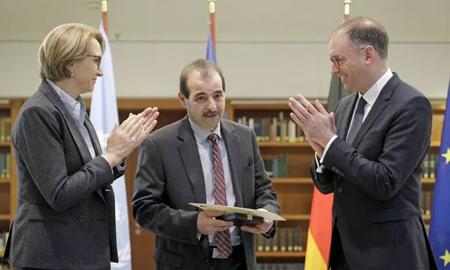
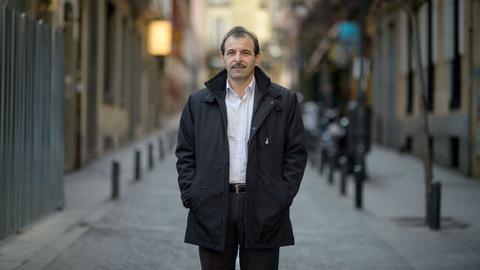
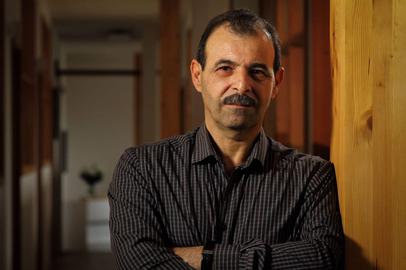
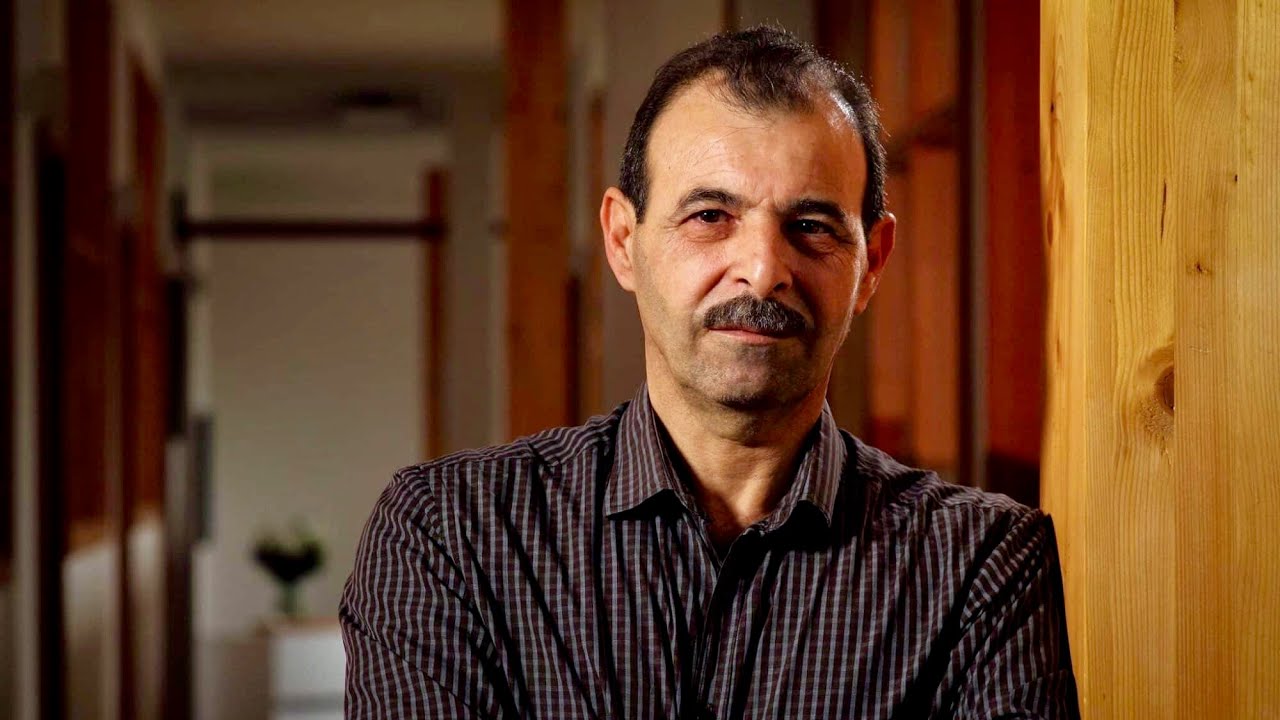




















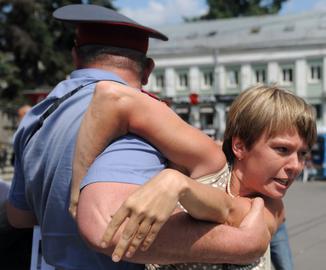
comments